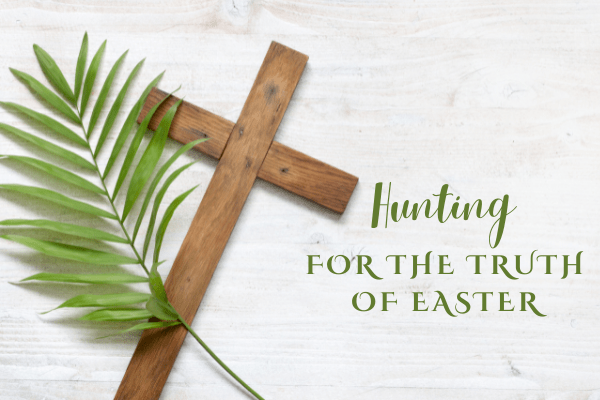Easter and Palm Sunday: Understanding the Significance and Traditions
Introduction: Easter and Palm Sunday are two significant observances in the Christian calendar, marking key events in the life of Jesus Christ. These celebrations hold profound spiritual significance and are observed with various traditions and rituals by Christians worldwide. Let’s delve deeper into the meanings, histories, and customs associated with Easter and Palm Sunday.
ALSO READ
- Easter and Palm Sunday: Understanding the Significance and Traditions
- Procedure for Easter Mass the Easter Vigil
- Here are 50 Palm Sunday wishes you can share with your loved ones

Palm Sunday: Palm Sunday marks the beginning of Holy Week and commemorates Jesus Christ’s triumphant entry into Jerusalem, as prophesied in the Old Testament. According to the Gospels, Jesus rode into Jerusalem on a donkey, and the crowds greeted Him by waving palm branches and laying them on the road, shouting “Hosanna! Blessed is he who comes in the name of the Lord!” (Matthew 21:9).
The use of palm branches symbolized victory, triumph, and royalty in ancient Jewish culture. By welcoming Jesus with palm branches, the people acknowledged Him as the promised Messiah and King. Palm Sunday serves as a reminder of Jesus’ humility, as He entered Jerusalem not on a majestic horse but on a humble donkey, fulfilling the prophecy of Zechariah 9:9.
In many churches, Palm Sunday is celebrated with a procession of palms, where worshippers carry palm branches while singing hymns and praises. These palms are often blessed by the clergy and distributed to the congregation, who may take them home as a symbol of spiritual victory and salvation.
Easter: Easter is the most important festival in the Christian calendar, commemorating the resurrection of Jesus Christ from the dead, as narrated in the New Testament. It is celebrated on the first Sunday after the full moon following the vernal equinox, typically between March 22nd and April 25th.
The significance of Easter lies in its affirmation of the core beliefs of Christianity – the death, burial, and resurrection of Jesus Christ. According to Christian doctrine, Jesus’ resurrection from the dead is a testament to His divinity and victory over sin and death, offering believers the hope of eternal life.
The Easter story begins with Good Friday, which commemorates the crucifixion of Jesus Christ. On this day, Christians reflect on the sacrificial death of Jesus on the cross for the redemption of humanity. It is a solemn observance marked by prayer, reflection, and contemplation.
Easter Sunday, also known as Resurrection Sunday, is the culmination of Holy Week and the focal point of the Easter celebration. It is a day of joyous worship and celebration, as Christians commemorate Jesus’ resurrection with songs of praise, prayers of thanksgiving, and expressions of faith.
Traditions and Customs: Easter is celebrated with various customs and traditions, including:
- Easter Eggs: The egg is a symbol of new life and fertility, representing the resurrection of Jesus. Decorating and exchanging Easter eggs is a popular tradition in many cultures.
- Easter Bunny: The Easter Bunny is a beloved symbol of Easter, particularly in Western countries. It is said to bring baskets filled with colored eggs, candies, and treats to children on Easter morning.
- Easter Vigil: Many Christian denominations hold Easter Vigil services on the night before Easter Sunday, celebrating Jesus’ resurrection with readings, prayers, and the lighting of candles.
- Easter Feast: Easter is often celebrated with a festive meal shared with family and friends. Traditional Easter dishes vary by region but may include roast lamb, ham, hot cross buns, and Easter desserts.
- Easter Sunrise Service: Some churches hold outdoor sunrise services on Easter Sunday, symbolizing the dawn of a new era with the resurrection of Jesus.
Conclusion: Easter and Palm Sunday are sacred observances that hold deep spiritual significance for Christians worldwide. They remind believers of the foundational truths of their faith – Jesus’ triumphal entry into Jerusalem as the Messiah and His victorious resurrection from the dead. These celebrations are marked by traditions and customs that serve to deepen believers’ understanding of these profound events and foster a sense of community and fellowship within the church. As Christians commemorate Easter and Palm Sunday, they are invited to reflect on the central message of these observances – the promise of salvation, renewal, and eternal life through Jesus Christ.
